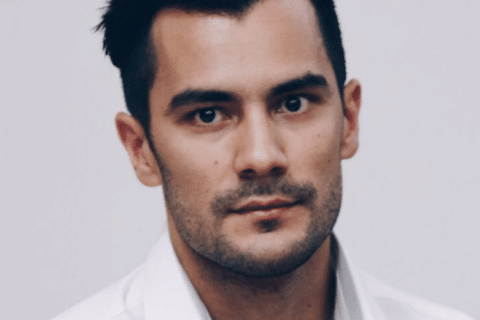
Dr. Matias Caldez
Osaka University
- 14:00
- Monash University, Clayton Campus, Seminar Room - Level 3/15 Innovation Walk
- Australian Regenerative Medicine Institute
Abstract
Tissue regeneration and repair is essential for growth and homeostasis. This is particularly important for tissues that are constantly exposed to intrinsic and extrinsic injury, such as the liver. To overcome injury, the liver has retained an extraordinary capacity of regeneration. Liver regeneration is tightly regulated, and is actually a very unique type of regeneration in the sense that the injured liver does not regrow, but undergoes compensatory hyperplasia. However, little data is available regarding how metabolism is remodeled during regeneration. At the same time, it is yet unknown what are the metabolic needs of regenerating liver cells. This is important, because the liver from patients with metabolic disorders such as obesity, usually show impaired regeneration due to the incapacity of hepatocytes to divide.
To study if there is a relationship between cell division and metabolism during liver regeneration, I used a mouse model with deletion of the master regulator of mitosis, Cdk1, that underwent surgical removal of 2/3 of liver mass. To fully describe the metabolic remodeling of regenerating livers, I used a combination of advanced molecular imaging approaches and integration of metabolomic and transcriptomic data. I discovered that hepatocytes that are not able to divide, show significant reduction of oxidative pathways mainly because mitochondrial metabolism is not performing efficiently. In response to reduction in oxidation, I detected a significant increase in alanine transaminase (ALT) metabolic flux.
These results indicate that cell division and metabolism interact during liver regeneration, and when cell division is impaired there is a significant remodeling of cellular metabolism. Now, at the Host Defense Lab under the direction of Prof Shizuo Akira, we combine immunology, regeneration and metabolism to understand how regenerating cells interact with immune cells in several models of tissue regeneration. This will help us to develop novel approaches, such as immunotherapies, to improve the outcome of tissue repair after damage.
Bio
Matias J CALDEZ (PhD) finished his undergraduate studies at the National University of Misiones (Posadas, Misiones, Argentina). He then moved to Singapore where he did his PhD at the Kaldis Lab in the Institute of Molecular and Cell Biology, one of the Research Institute of A*STAR. During his PhD, he did extensive work in liver regeneration and in different models of liver diseases. He has recently moved to the lab of world renown immunologist Prof Shizuo Akira, where they are fusing knowledge from two big fields, hepatology and immunology, to develop new therapies to treat liver diseases.
